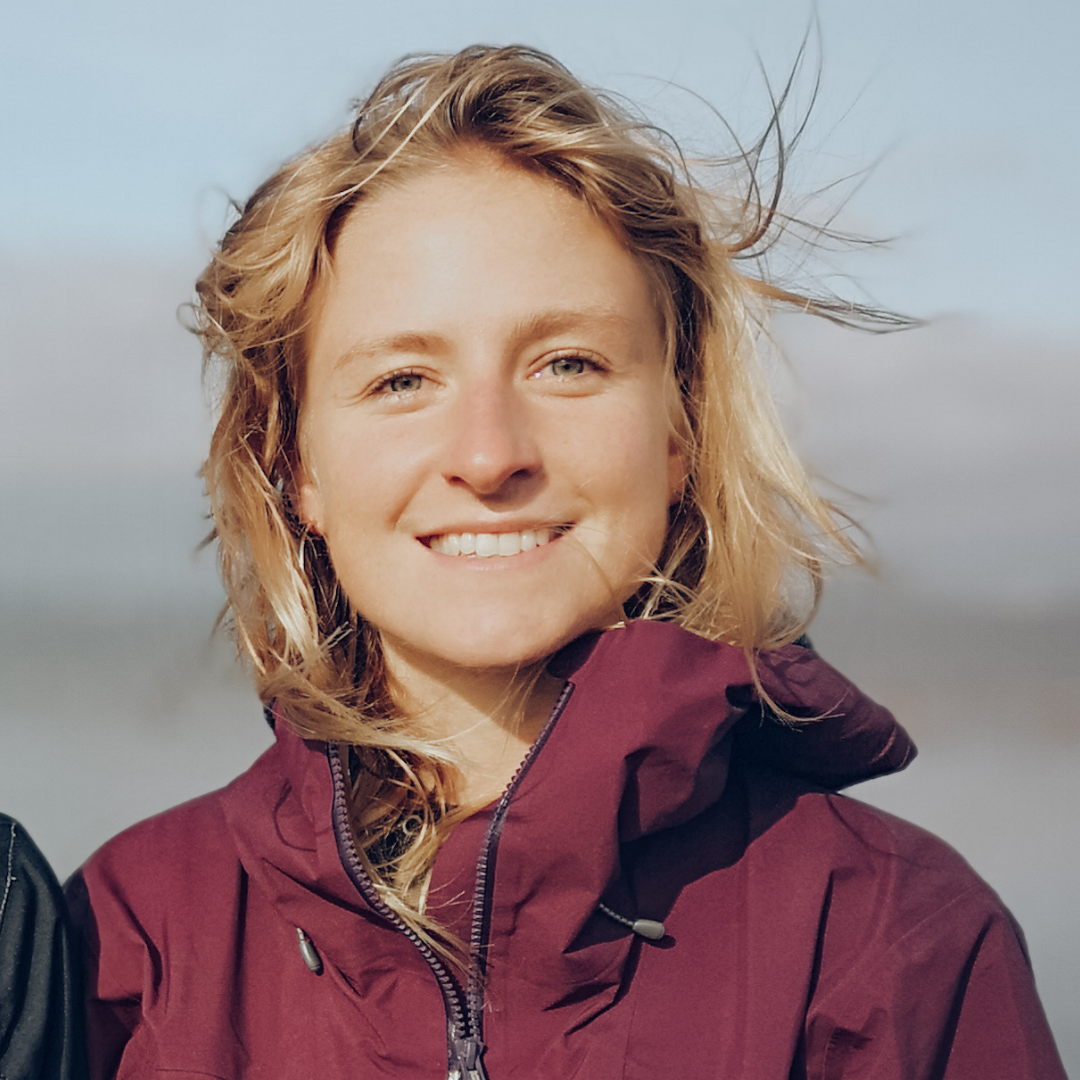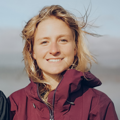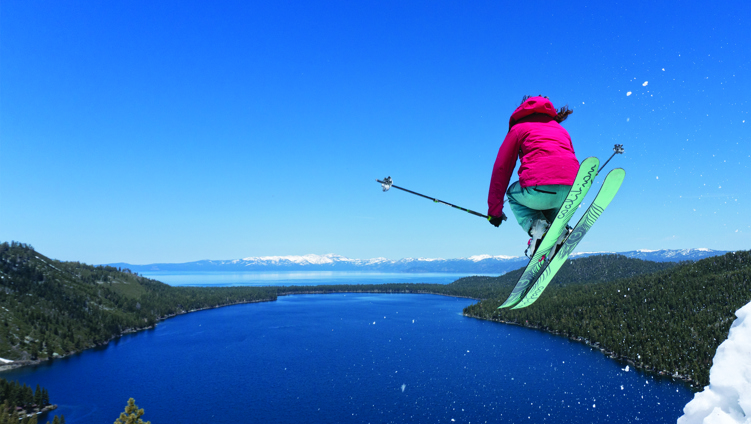Published on 11th May 2020
Danielle Sellwood, filmmaker and promoter of women in elite sports, spoke to Bronwyn Harvey and Christina Baldwin, (Adventure Uncovered Film Festival New Talent winners), about their 7-year in the making film project ‘Undercurrents’.








